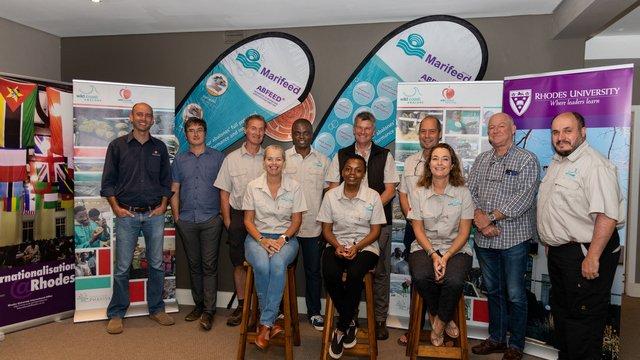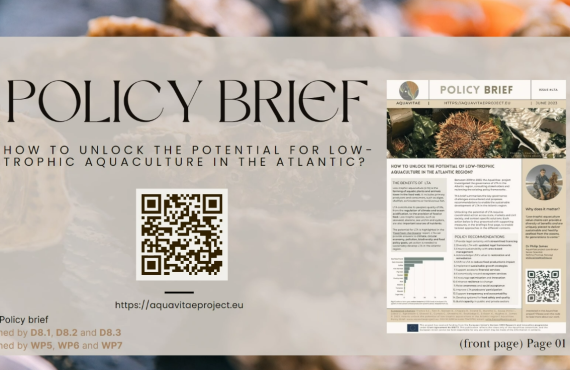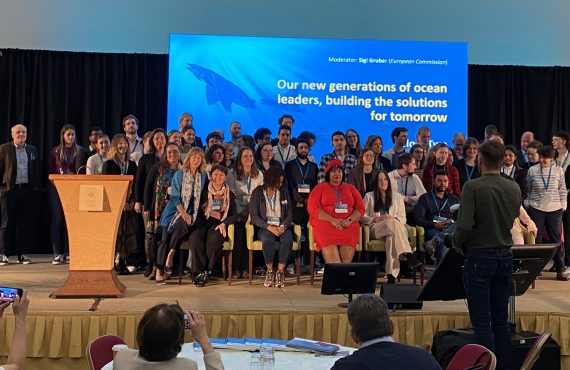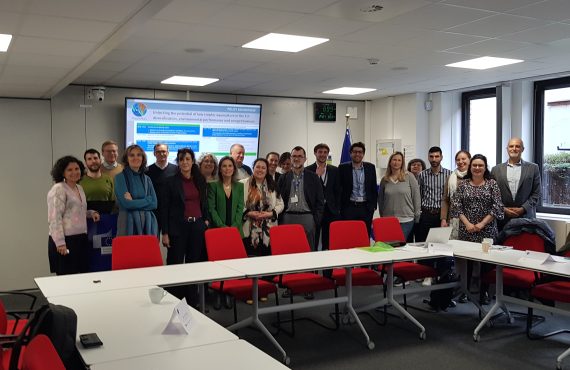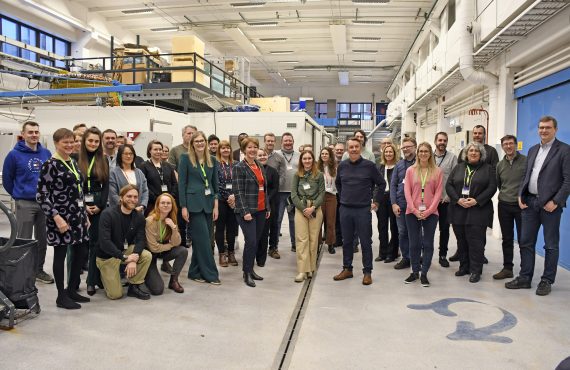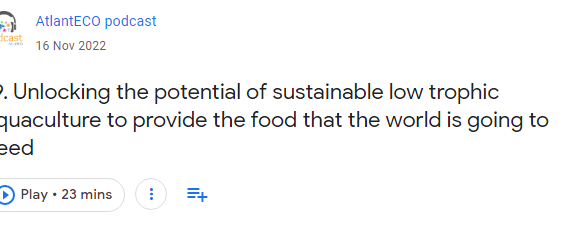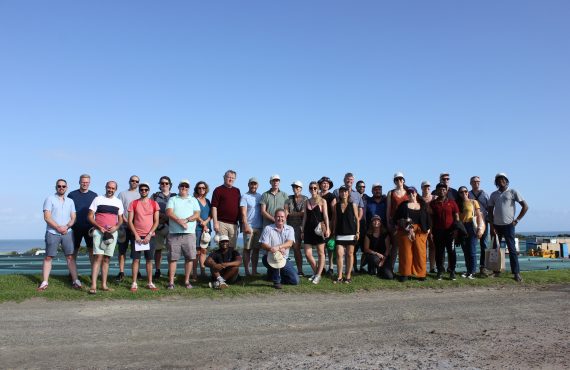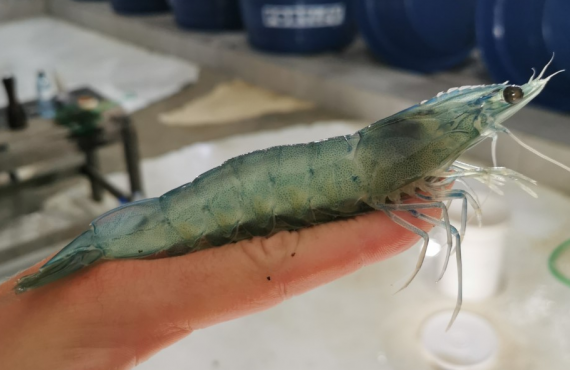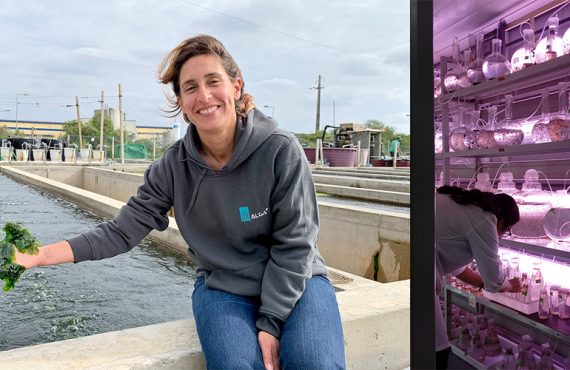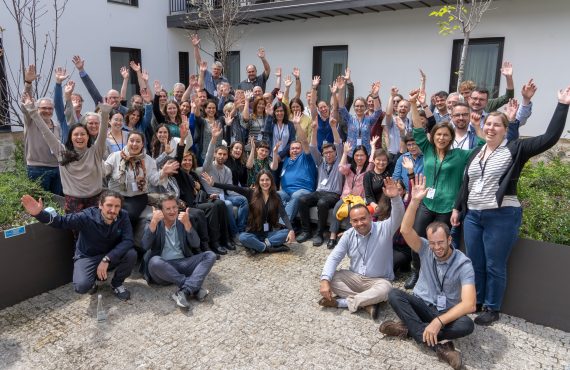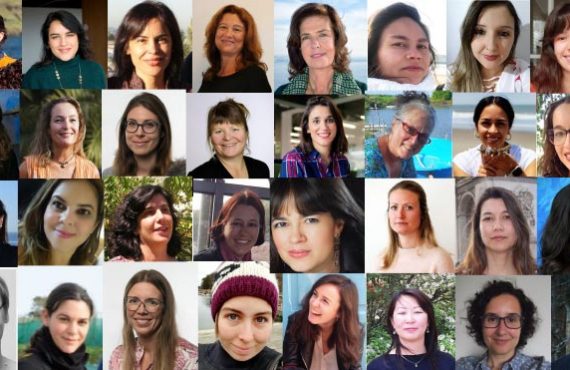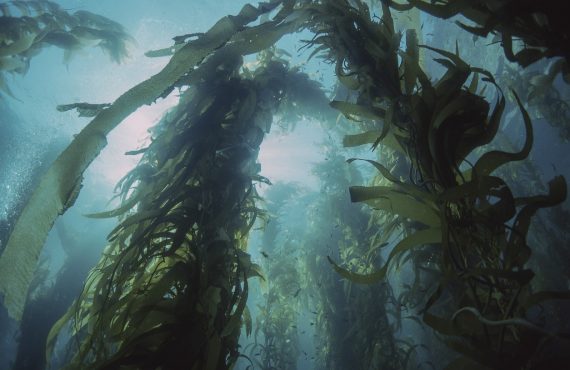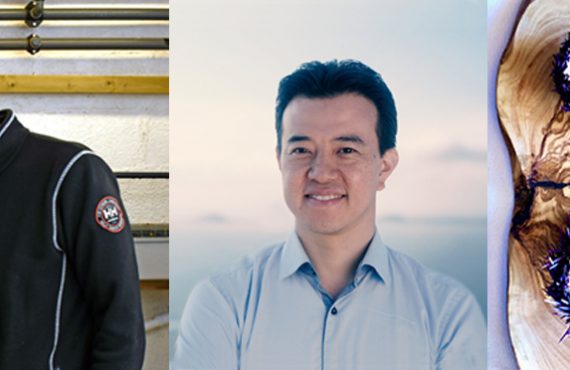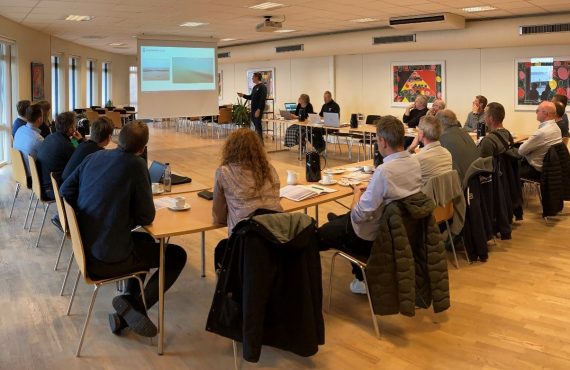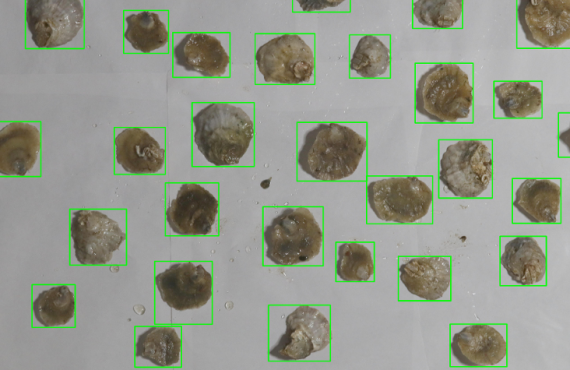Photograph: Gareth Yearsley
Leaders and participants in the case studies focused on land-based, sea-based Integrated Multi-trophic Aquaculture (IMTA) and sea cucumber aquaculture launched their activity in South Africa. Cliff Jones, leader of the case study on sea-based IMTA, Gercende Courtois de Viçose, leader of the case study on land-based IMTA, and Matthew Slater, leader of the case study on sea cucumber aquaculture organised the meeting hand-in-hand with the companies Marifeed, Wildcoast Abalone, France Haliotis, Aqunion, EOH Coastal and Environmental Services, and the University of Fort Hare.
Their work will contribute to test a variety of land-based and sea-based IMTA systems combining abalone, sea cucumber and algae in Sweden, Faroe Islands, France, Portugal, Spain and South Africa. Regarding the Land Based IMTA case study, the testing will be performed in France, Spain and South Africa where abalone will grow in tanks with sea-cucumbers that feed off their solid waste and macro-algae will also be produced as a way to remove dissolved nutrients from the system effluent. This integrated multi-trophic aquaculture system, or IMTA, farms several species together using waste from one species as feed for another. While long-time tested in Asia, IMTA is yet to be explored by the European aquaculture sector.
IMTA Benefits
IMTA can provide benefits both in terms of sustainability and profitability. Specifically in the case of abalone it has been observed that the overall health of abalone improves if their tanks are kept free of their own waste. The inclusion of sea-cucumber and algae in the abalone production system may also reduce the need for manual labour to clean the tanks and this could lower the stress levels of the abalone if the tanks don’t have to be handled as often,
The interest in the designated species is linked to the fact that; abalone production is the largest aquaculture industry in South Africa, although its main market is in Asia; sea cucumbers are considered a delicacy in China and are being widely fished around the globe, and that algae are of interest for the recirculation of nutrients and can be fed back to the abalone closing a circular process.
AquaVitae project
AquaVitae is funded by the European Union and it forms part of its Horizon 2020 program. The greater project includes 36 research and industry partners across 16 countries, with interests in the resources associated with the Atlantic basin. It has a total budget of eight-million Euros, and the development and implementation of project’s technology innovations will be rolled out over the next four years, ending 2023.



